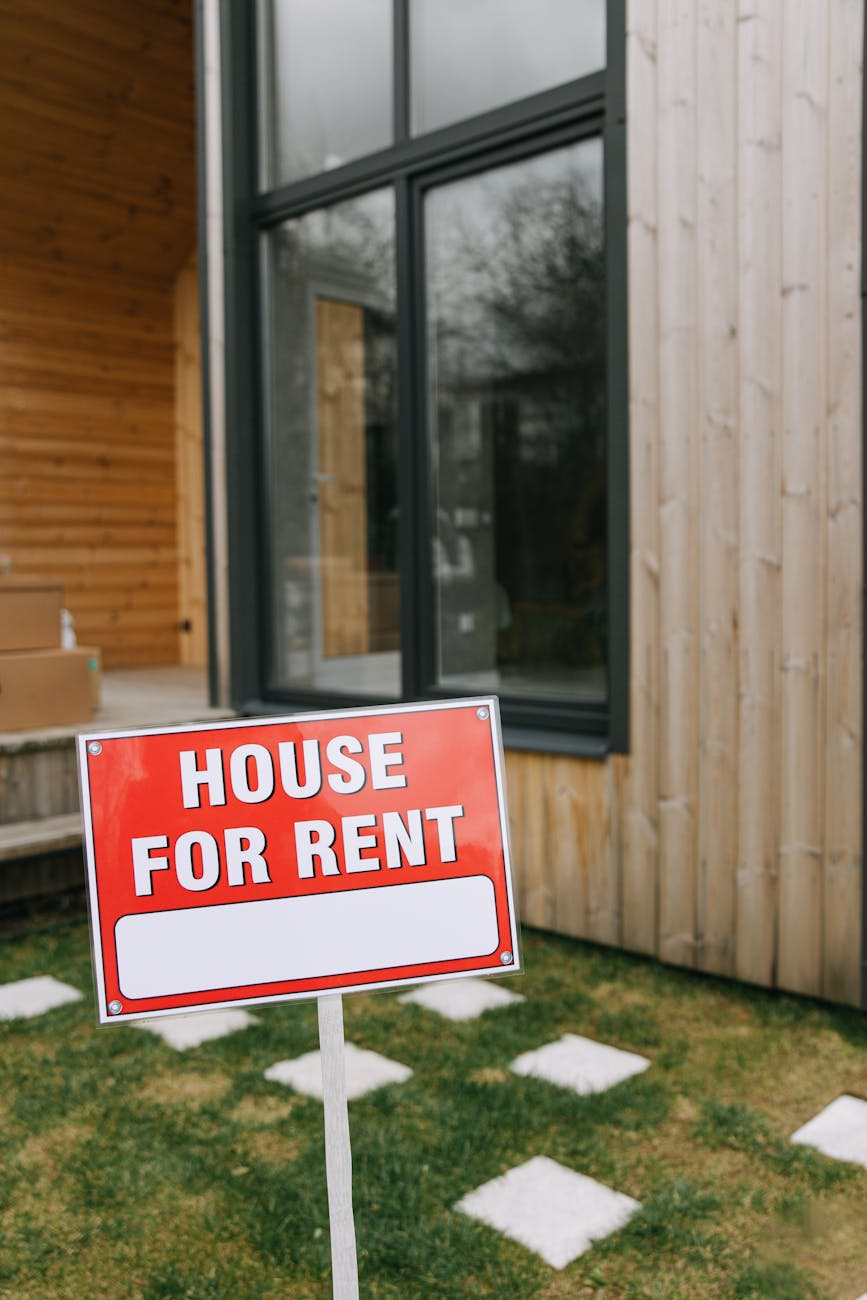Deciding whether to buy or lease a new car is a significant choice for many drivers. Each option presents unique advantages that cater to different financial situations and lifestyle preferences. While purchasing a vehicle grants ownership and potential long-term savings, leasing often provides lower monthly payments and the flexibility to drive newer models more frequently. In this article, we will explore the pros and cons to help you understand the nuances of the buy vs lease car debate, ultimately guiding you to the best decision for your needs.
Understanding the Benefits of Buying a New Car
When contemplating the decision to buy vs lease car, purchasing a new vehicle comes with numerous advantages worth considering.
-
Ownership: When you buy a car, it becomes your property. While leasing requires you to return the vehicle at the end of the contract, ownership means you can keep it as long as you want.
-
No Mileage Limitations: Owners face no restrictions on mileage. You can drive freely without worrying about excess mileage fees typically associated with leases.
-
Customization: Buying a car allows you to personalize your vehicle to match your style. Modifications or upgrades are entirely at your discretion.
-
Long-Term Cost Efficiency: Although the initial investment may be higher, owning a car often leads to cost savings in the long run. After paying off the car, your expenses will decrease significantly, contrasting the ongoing payments of a lease.
Quick Comparison: Buying vs. Leasing
| Aspect | Buying a Car | Leasing a Car |
|---|---|---|
| Ownership | You own the car | You do not own the car |
| Mileage Restrictions | None | Limited mileage |
| Customization | Fully customizable | Limited to lease terms |
| Long-term Costs | Often more cost-effective | Continual payments |
In summary, evaluating these benefits can help you determine if buying aligns better with your financial goals and lifestyle preferences in the buy vs lease car debate.

Photo by Gustavo Fring
Exploring the Advantages of Leasing a New Car
Leasing a new car offers several attractive benefits for those who prefer flexibility and adaptability in their vehicle choice. Here are some key advantages of leasing over buying in the ongoing buy vs lease car debate:
-
Lower Monthly Payments: Typically, lease payments are lower than loan payments for buying a new car, making it easier to budget.
-
Newer Models: Leasing allows you to drive the latest models with the latest technology every few years without the hassle of selling or trading in a car.
-
Warranty Coverage: Most lease agreements last for the duration of the car’s warranty, reducing out-of-pocket expenses for maintenance and repairs.
-
Tax Benefits: Leasing may offer tax advantages, especially for businesses, as you can deduct a portion of your lease payments.
| Feature | Buying | Leasing |
|---|---|---|
| Monthly Payments | Higher | Lower |
| Ownership | Full ownership | No ownership |
| New Car Every Few Years | N/A | Yes |
| Maintenance Costs | Owner responsible | Often covered by warranty |
Ultimately, leasing provides a viable option for those considering the buy vs lease car choice, especially if driving the latest models with lower payments aligns with their lifestyle.
Financial Considerations: Cost Analysis of Buying vs. Leasing
When deciding between the buy vs lease car options, understanding the financial implications is crucial. Here’s a cost analysis to weigh your choices effectively:
Upfront Costs
- Buying: Often entails a larger down payment (10-20% of the vehicle price).
- Leasing: Generally requires a lower down payment and may offer promotional deals.
Monthly Payments
- Buying: Higher monthly payments, but you own the vehicle outright.
- Leasing: Lower monthly payments since you’re only paying for the vehicle’s depreciation during the lease term.
Long-Term Costs
| Factor | Buying | Leasing |
|---|---|---|
| Total Payments | Higher overall cost | Lower overall, but no ownership |
| Resale Value | Potential for resale | No resale value |
| Maintenance Costs | Owner assumes costs | Often covered by warranty |
Final Thoughts
Ultimately, if your goal is to build equity, buying is the way to go. On the other hand, if you prefer lower monthly payments and regularly driving a new car, leasing might be a better choice. Assess these financial points carefully before you decide between buy vs lease car.
Impact on Insurance and Maintenance Costs
When deciding to buy vs lease car, understanding the impact on insurance and maintenance costs is crucial. Here’s how these factors differ:
Insurance Costs
-
Purchasing a Car: Generally, you will face higher insurance premiums since you own the vehicle outright. However, you can choose the coverage that fits your needs.
-
Leasing a Car: Leasing often requires higher coverage levels, which can lead to increased insurance costs. But, lower vehicle value may offset some expenses.
Maintenance Costs
-
Buying: Owners bear the full expense of maintenance as the car ages, which can accumulate. Nonetheless, long-term ownership can mean less frequent repairs over time.
-
Leasing: Most lease agreements cover routine maintenance. Therefore, lessees enjoy predictable costs and may not deal with significant repair bills.
| Criteria | Buying | Leasing |
|---|---|---|
| Insurance Costs | Higher premiums | Potentially higher coverage requirements |
| Maintenance Costs | Full ownership expenses | Covered in lease agreements |
Ultimately, consider both insurance and maintenance expenses when evaluating whether to buy vs lease car. Choosing wisely will ensure that you align your financial commitment with your lifestyle needs.

Photo by Ivan Samkov
Personal Preferences: Which Option Fits Your Lifestyle?
When considering whether to buy vs lease a car, personal preferences play a crucial role. Here are some factors to evaluate based on your lifestyle:
-
Driving Habits:
- If you drive extensively—more than 15,000 miles annually—purchasing may be more suitable.
- Conversely, if you have a moderate or low mileage, leasing can offer flexibility and lower payments.
-
Vehicle Maintenance:
- Owning a car means you cover long-term maintenance costs.
- Leasing typically includes warranty coverage and may lead to fewer repair concerns.
-
Technology and Features:
- If you love the latest technology and features, leasing allows you to upgrade every few years.
- Buying requires a longer commitment, potentially leading to an older model.
-
Financial Stability:
- A purchase might be beneficial if you plan to keep the car long-term.
- Leasing can align with a tighter budget, providing access to newer models at lower monthly costs.
Ultimately, the decision between buy vs lease car hinges on your lifestyle, budget, and personal preferences. Assessing these aspects will guide you toward the right choice for you.
